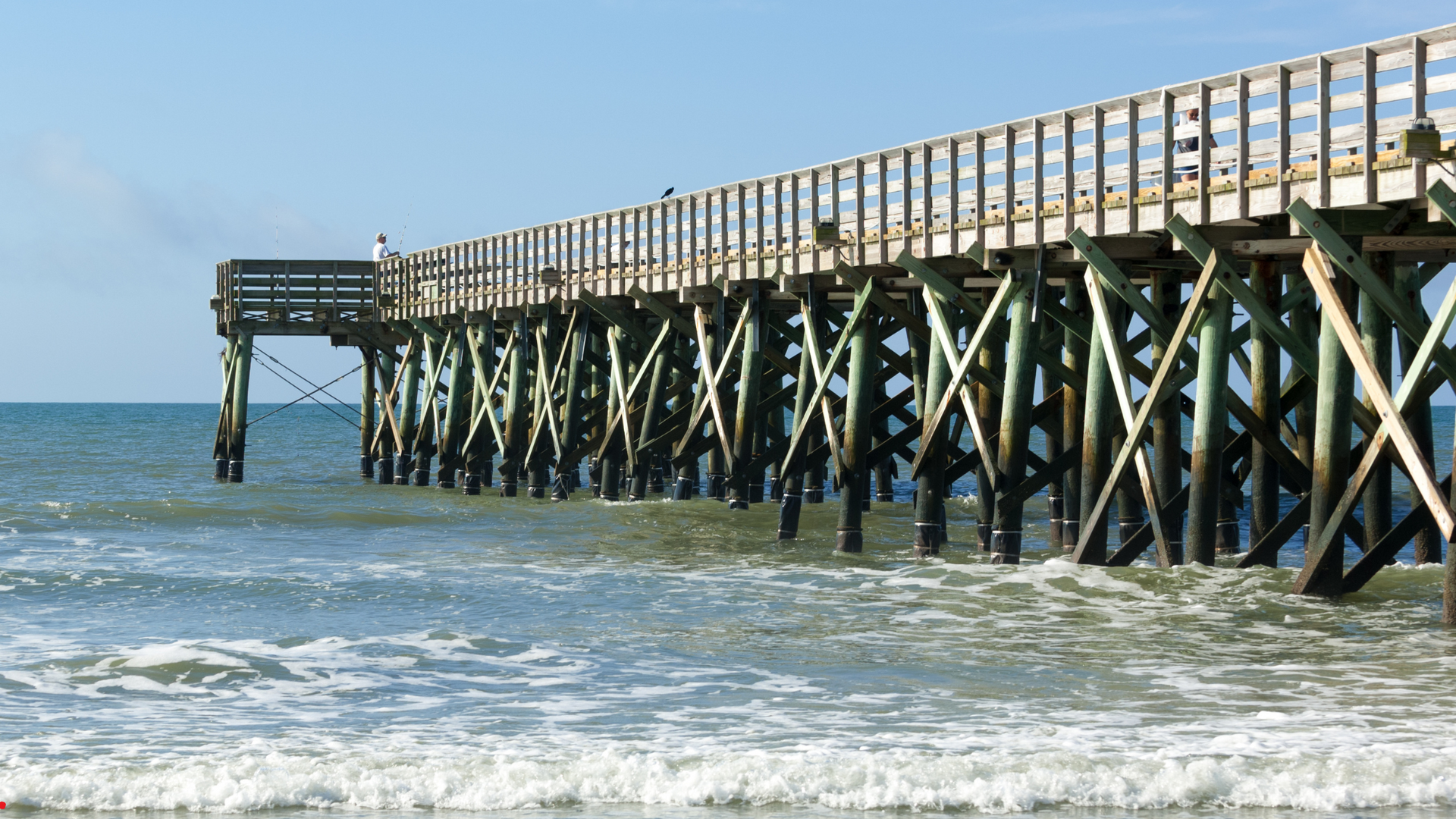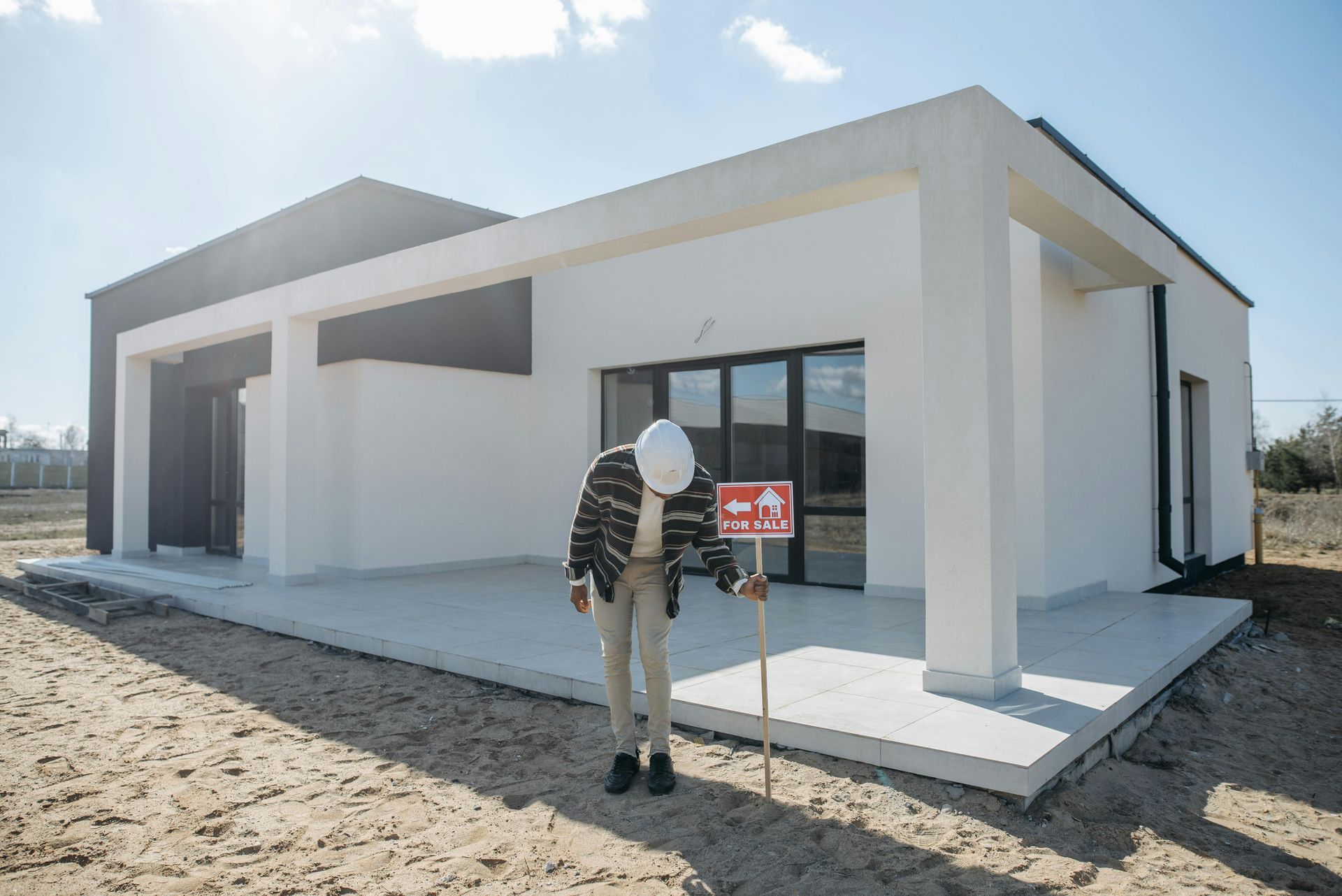Understanding Short-Term Rental Regulations in Isle of Palms, SC
Understanding Short-Term Rental Regulations in Isle of Palms, SC

As short-term rentals continue to grow in popularity, so do the regulations surrounding them. For those looking to invest in or manage vacation rentals on the Isle of Palms, it’s crucial to stay informed about local rules, tax obligations, and licensing requirements. This article provides a comprehensive guide on what you need to know, with insights into how these regulations can impact your property investments and management strategies.
Isle of Palms Voters Reject Rental Cap
In November 2023, the Isle of Palms residents voted against a proposed cap on short-term rentals. The referendum, which aimed to limit the number of short-term rental properties to 1,600, was rejected by 54% of voters. As reported by Live 5 News, the referendum would have only applied to non-owner-occupied rentals, allowing residents who use their homes as a primary residence to continue renting without restrictions. One long-term resident, Julie Nestler, expressed her relief after the vote, saying, "I don’t think anyone can dictate what I may need for my family’s financial profile."
The rejection of this cap reinforces the Isle of Palms' ongoing commitment to preserving property rights while maintaining a strong market for short-term rental investments. To explore the best locations in the state for such investments, check out our guide on the best places in South Carolina to invest in vacation rentals.
Licensing and Tax Obligations
All property owners who rent out residential units on the Isle of Palms must obtain a business license from the city’s Building, Planning, and Zoning Department. This license applies to any property rented for less than 30 days. Properties not used as the primary residence will be assessed at 6% of the fair market value for property tax purposes, per SC Code of Laws, Section 12-43-220. Moreover, property owners must also report and pay taxes on personal property used to furnish rental units.
In addition to local regulations, property owners must collect and remit a series of taxes on short-term rentals. These include a 5% state sales tax, a 2% state accommodations tax, and several additional county and city taxes, including a 1% Isle of Palms Beach Preservation Fee. These taxes total 14% and must be correctly filed to avoid penalties.
The table below breaks down these taxes:
| Remit To | Tax or Fee | Percentage |
|---|---|---|
| State of South Carolina | State Sales Tax | 5.0% |
| State of South Carolina | Local Option Sales Tax | 1.0% |
| State of South Carolina | Charleston County School Tax | 1.0% |
| State of South Carolina | Charleston County Transportation Tax | 1.0% |
| State of South Carolina | State Accommodations Tax | 2.0% |
| Charleston County | County Accommodations Tax | 2.0% |
| Isle of Palms | City Accommodations Tax | 1.0% |
| Isle of Palms | Beach Preservation Fee | 1.0% |
| Total | 14.0% |
While short-term rental platforms like Vrbo and Airbnb collect these taxes for bookings made through their sites, property owners remain ultimately responsible for ensuring proper tax payments. To dive deeper into management fees and costs associated with rental properties, you can explore our article on management fees.
Tax Considerations for Investors
Although the various state, county, and local taxes for short-term rentals in Isle of Palms can add up, investors should keep in mind the potential tax benefits that come with vacation rental properties. For instance, the ability to write off expenses such as property maintenance, repairs, and even mortgage interest can help compensate for the 14% total tax burden. In fact, vacation rental property owners can deduct a wide range of costs, including utilities, insurance, and property management fees, potentially lowering their overall tax liability.
For more detailed information on these tax advantages, be sure to check out our guide on how to write off taxes on vacation rental income. The ability to reduce your taxable income, paired with the high demand for vacation rentals in South Carolina, makes investing in a vacation rental here a smart financial move.
By understanding these benefits, you’ll be better equipped to navigate the initial costs and focus on the long-term rewards of owning property in the Isle of Palms.
Zoning and Licensing Requirements for Short-Term Rentals
In addition to understanding taxes, you must comply with zoning and licensing regulations to operate a short-term rental legally in Isle of Palms. According to the city's policies, all property owners who rent residential units—whether a house, condo, or apartment—are required to obtain a business license. This can be done at the city's Building, Planning, and Zoning Department located at 1207 Palm Boulevard. For further details, property owners can contact the city office at 843-886-9912 or by emailing Jeanne Garrett.
If your property does not qualify as your primary residence (under SC Code of Laws, Section 12-43-220), it will be assessed at 6% of the fair market value for property tax purposes. Furthermore, South Carolina law requires that all personal property used to furnish rental units must also be reported for tax valuation between January 1st and April 30th each year. This is handled by the Charleston County Auditor’s Office, where you can obtain more information at 101 Meeting Street in Charleston or by calling 843-958-4000.
Failure to comply with these zoning and licensing laws can result in monetary penalties and interest charges. Therefore, it's crucial to stay on top of these details, especially if you are considering short-term rental management in Isle of Palms.
For investors interested in understanding the bigger picture of compliance across regions, it’s helpful to see how local regulations vary. If you're curious about the rules in Charleston, you can read more in our article on short-term rental regulations in Charleston.
Ensuring Compliance with City and County Accommodations Taxes
Beyond the state-level taxes mentioned earlier, Isle of Palms also has its own set of accommodations taxes that property owners must remit. These local taxes, when combined with state taxes, can bring the total tax rate to 14%. While an owner can designate their agent to collect and remit these taxes, the property owner is ultimately responsible for ensuring all taxes are paid correctly.
To simplify the process, platforms like Vrbo and Airbnb collect and remit state sales and accommodations taxes for you. However, as the property owner, you remain responsible for any local and county taxes, which are not handled by these platforms. For further assistance, you can contact the Charleston County Business License/User Fee Department at 843-202-6080 or visit the South Carolina Department of Revenue's website.
For those feeling overwhelmed by the logistics, professional property management services can take care of these tasks and ensure you remain compliant. For more insights into the services offered, take a look at our guide on management fees to understand the benefits of partnering with an expert.
Why Isle of Palms is a Prime Investment Opportunity
Despite the various taxes and regulations, Isle of Palms remains an attractive location for vacation rental investments. The area’s high tourist demand promises steady rental income potential, and with the right strategies in place, you can take advantage of tax deductions that help offset expenses like property management, maintenance, and more. These deductions can significantly mitigate the impact of the state and local taxes.
Navigating the complexities of local regulations, licensing, and tax compliance can be daunting, but working with experienced professionals can make all the difference. At Home Team Vacation Rentals, we specialize in helping property owners stay compliant with local laws, manage taxes efficiently, and maximize revenue through strategic rental management. Whether you're just starting out or looking to optimize your current operations, our team is here to guide you every step of the way.
Let us help you unlock the full potential of your Isle of Palms investment and ensure a smooth, profitable rental experience. Reach out to Home Team Vacation Rentals today for expert assistance in managing your vacation rental.
More Locations to consider
Categories: Investor, South Carolina



